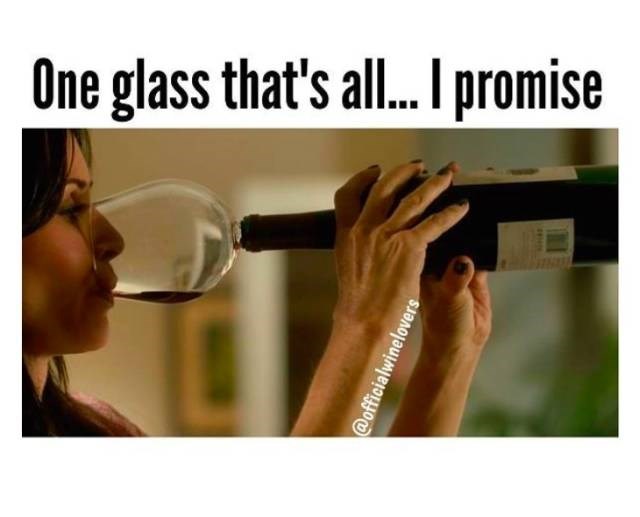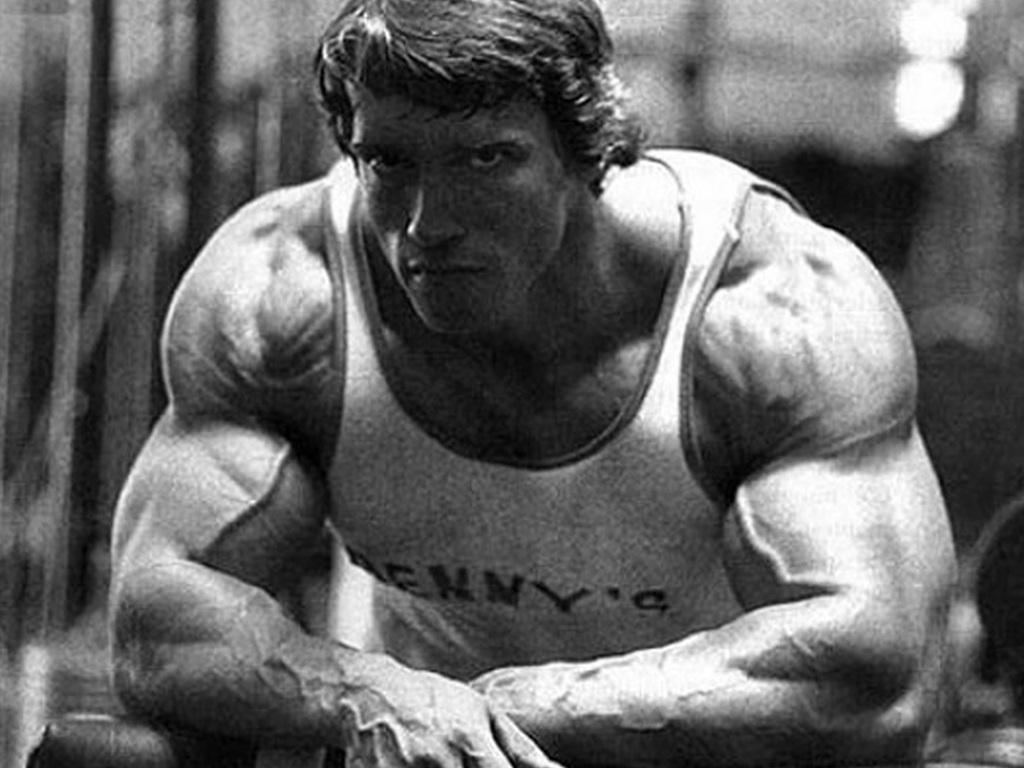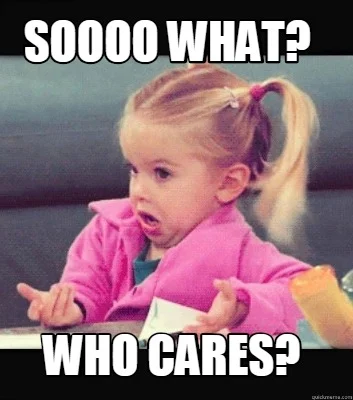As summer approaches, the itch to go out more frequently becomes increasingly apparent. Who am I to judge right? life is short, let me live my best life is the common expression uttered by most. Believe it or not I completely agree with that, to each their own. Having said that, what inevitably tends to happen is, being the “fitness guy” that I am, friends, family and associates alike will all ask me the “alcohol question”:
Does alcohol have any calories in them?
Can I still make progress even though I frequently drink alcohol?
How do I incorporate this during my party weekends?
I am sure they’re not alone in posing those questions. Being the “fitness guy” I’ll dedicate this article not just to my friends, family and associates, but to you as well. Sit back, grab yourself a glass of wine and dive in.

Does Alcohol Have Calories in Them?
The answer is a big resounding yes. Alcohol like fats, carbohydrates and proteins is a form of macronutrient that contains calories. 7 calories per gram to be exact.
So?
Well, when losing weight and building muscle is your goal, being cognizant in the number of calories you are consuming becomes increasingly important. You can’t just go out every weekend and drink it like it’s hot because you’re under the impression that alcohol has zero calories in them, and therefore; justifying ____ number of beers you just drank.
That’s not how it works buddy
I don’t think there is much to say on the matter. Be mindful how much you’re drinking when losing weight and building muscle is your priority.
Can I Still Make Progress?
It’s important for you and I to be transparent with each other. A much-needed heart to heart conversation will need to take place. Frequently over-consuming alcohol on a consistent basis will impair any form of progress regardless of whether exercise and nutrition are all dialed in. If you remember, alcohol has calories in them, 7 calories per gram to be exact. For that reason alone, you most likely will be over-shooting your daily caloric intake (eating more calories) then you may realize. Losing weight stems from being in a calorie deficit (eating less over-time) and gaining weight stems from being in a calorie surplus (eating more over-time).
I get it, but I still can’t figure out how exactly does this impede my progress?
Aside from the fact that you no longer will be losing weight. A big deal in my opinion. I guess that isn’t enough to convince you to take it easy on the Cognac.
How about you no longer will be able to build muscle, regardless of how many times you hit those bicep curls in the hopes of building arms like Arnold.

Do I have your attention now?
Alcohol’s Effect on Muscle Protein Synthesis
I want to preface by saying, frequently over-consuming alcohol consistently can prevent you from building muscle, not the occasional one drink a night. Muscle protein synthesis will be impaired as a result. What that means is, through lifting weights our muscles are broken down and needs protein from the foods we eat to build it back up. An over-consumption of alcohol can prevent that from happening. Studies like this ONE, concluded that “alcohol ingestion suppresses anabolic response in skeletal muscle and may therefore impair recovery and adaptation to training and/or subsequent performance.” In another Study, it concluded “protein synthesis and resulting muscle hypertrophy appears to be directly affected by alcohol.”
It’s important to note:
- Moderate consumption of alcohol has no effect on muscle protein synthesis
- Chronic alcohol consumption however, will affect your ability to build muscle and if that is the case, trying to optimize muscle growth should be the least of your concerns.
Let’s continue…
Alcohol’s Effect on Testosterone
Oh, by the way, in case I forgot to mention, overly drinking alcohol consistently can also lower your testosterone levels.

Well, you should. Testosterone similar to protein synthesis plays a big role in building muscle. Drops in testosterone levels can result in loss of muscle mass, making it difficult to sustain overall strength in your workouts. Heavy frequent drinkers are more likely to have poor testicular function to begin with compared to moderate drinkers, which is an important point of emphasis. What inevitably tends to happen is when you hear
“Alcohol can prevent you from losing weight and building muscle”
You immediately freak out. To no fault of your own, believing that any form of alcohol consumption be it infrequent to moderate drinking will stall any form of progress you have or want to make. I want this to sink in. Moderate alcohol consumption will not impede your weight loss progress.
What constitutes as moderate drinking is another conversation to be had altogether. Just not here. At least for now. The law of thermodynamic still stands the test of time. If you continuously are eating less calories in comparison to the number of calories being burned, you will lose weight.
You can relax now…. go ahead and grab that Cognac…… I know you want to….
This Study concluded that “a low-moderate alcohol intake would seem not to impair reproductive function. Conversely, in heavy drinkers and alcoholic men, both testosterone production and spermatogenesis are altered with multiple mechanisms.”
How to Incorporate Alcohol in Your Lifestyle
As you know or at least should is the concept of balance/moderation. Like everything else in life skewing too far on one side isn’t always the optimal approach. Alcohol is no different. The question isn’t whether you can make it a part of your lifestyle and continue to lose weight, the question is, how to go about doing it. This section will help you do just that.
Plan Ahead
The weekends are often the most difficult two days that you can potentially struggle with in regards to nutrition. I often call it, the weekend two day set back. Drift with me real quick.
I mean how often are you consistent with everything during the week, but the moment the weekends come, you throw it down the drain. You eat and drink about everything you can put your hands on.
You’re not alone in this. Many others including myself have done this countless times. It could be one reason why you may not be losing weight and building muscle. Your ability to recognize that early on is imperative for future fitness success, and keep in mind this isn’t a this or that approach, it’s a lifestyle. Nevertheless, moderation like everything else needs to be at the forefront in your decision making.
I get that, can you be more practical?
Sure.
Let me paint a picture for you.
Sally at 5ft weighs 150 pounds at 30% body fat and wants to lose weight for obvious reasons. She enjoys hanging out with friends on the weekends. She cares about her fitness goals but doesn’t want to sacrifice her lifestyle just for the sake of dropping down body fat.
She wouldn’t have to sacrifice a damn thing. Here is how:
To know how many calories Sally can play with during her weekend nights of drinking. She needs to know two things:
- What her maintenance calories are (number of calories needed to maintain her current weight) If you want a more in depth look on how to calculate maintenance calories, click HERE.
- What her deficit calories are (number of calories needed to lose weight)
Sally’s – Maintenance Calories
Maintenance: 1700 Cal
Protein: 116g
Carb’s: 195g
Fat: 51g
Sally’s – Deficit Calories
Deficit: 1275 Cal
Protein: 116g
Carb’s: 135g
Fat: 30g
You may be wondering where I came up with these numbers. This Article, will give you the blue print in calculating the number of calories needed for you to lose weight.
We now know Sally’s maintenance and deficit calories. Here is how we can apply that to her weekend night drinking.
Number of Drinks Sally Can Have
Alcohol: 7 calories per gram
Sally’s Deficit: 1275 calories (number of calories she needs to eat to lose weight)
Eating at 1275 calories to lose weight isn’t easy, but her height, weight and body fat% gives her no choice and a night of drinking brings no exception to the rule. I would recommend you, Sally, Tom and anyone else with a name to plan their day in advance knowing that they will be going out for the night.
- Fast in the morning (do not eat or drink anything with calories in them)
- Have your first meal in the afternoon (primarily high in protein and vegetables)
- Later in the evening prior to going out have another meal
It’s going to look something like this:
Morning: Fast
12 or 1pm:
First meal of the day (high protein/vegetables). Because you don’t have many calories to play with, having a meal high in protein will make you less hungry throughout the day and the vegetables will allow you to eat more in quantity without necessarily compromising calories. Vegetables have considerably less calories in them.
Protein Food Source:
½ Medium Chicken Breast: 184 calories
1 Cup of Sweet Potatoes: 116 calories
1 Cup of Vegetables: Less than 100 calories (50 calories if that)
Total Calories: 350 calories
5 or 6pm:
Have your final meal of the day before heading out with the girls. Something similar to your afternoon meal. Play with what you’re comfortable with.
Total Calories: 350 calories
Remaining Calories for Drinks: 575 calories
Ok? How exactly am I supposed to know how many calories are in my drinks?
Great question. There are tons of comprehensive websites that eloquently gives out that information and to be quite honest with you, I have no interest in designing an excel spreadsheet dedicated to alcohol drinks and their calories.
Google is our best friend…… let’s use it……
For the sake of brevity beer will be the alcohol of choice simply because it is the most common drink among the general population (I googled this by the way). That’s how I know.
Number of Beers Sally can drink
1 Can of Beer: 154 calories
# Of Beers Sally can drink: 3 to 4
Mind you these are all estimates. Nevertheless, having a plan before a night of drinking is a lot better than not having one at all. It removes or the very least mitigates guilt and worried.
Conclusion
Aspiring to achieve your fitness goal should not be at the detriment of it affecting your overall lifestyle. You can do both.
